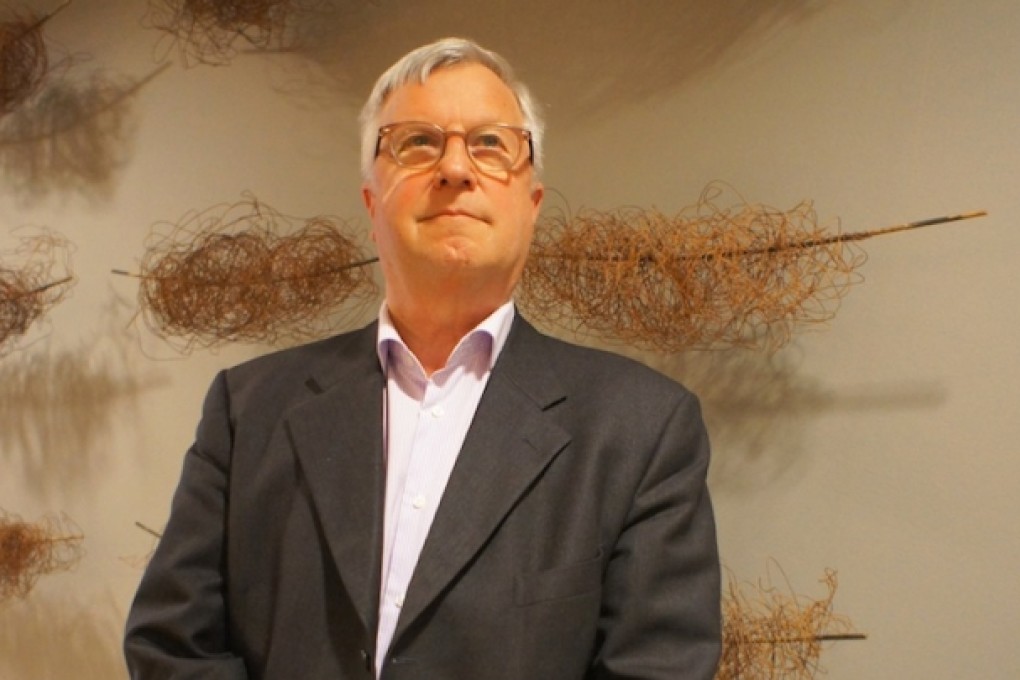FIT Biotech develops life-changing vaccines
Discovery Reports

Asia's health care industry is developing at an astounding rate. Medical spending in China alone is projected to grow from US$357 billion in 2011 to US$1 trillion by 2020. Supporting the industry's rapid growth, global medical biotechnology company FIT Biotech is teaming up with academic groups and pharmaceutical companies to provide the region's unmet medical needs.
Founded in 1995, FIT Biotech is focused on the development of vaccines and gene transport technology applications. Its vaccines target infectious diseases such as pneumonia and tuberculosis, while its gene therapies have been used in combating certain types of cancer.
"We have developed a unique platform technology for partners in the region," says FIT Biotech CEO Kalevi Reijonen. "We offer a venue for collaborative development over a number of diseases representing the health concerns of China and neighbouring countries."
The Finnish research and development (R&D) company has also been instrumental in the development of a human immunodeficiency virus (HIV) vaccine. With extensive international scientific collaboration and support, FIT Biotech's therapeutic and preventive HIV vaccines are in the clinical trial phase.
Bringing together public and private organisations to generate biotechnological innovations, FIT Biotech's R&D projects earn grants from the Finnish National Fund for Development and Innovation, the European Commission and various individual partners that share the company's interest in developing vaccines that improve human lives.
"Companies could work with us to develop their business, to export new drugs and biopharmaceuticals. That's the future of the pharmaceutical business," Reijonen says.
Signing agreements with Chinese medical companies, FIT Biotech is keen to disclose key technological information with partners to launch collaborative research projects. Aside from the mainland, the company invites interested parties from South Korea, Singapore, Malaysia and Taiwan.
"We see this region as an important strategic opportunity for the company and for health care organisations. We are in Asia for the long term," Reijonen says.